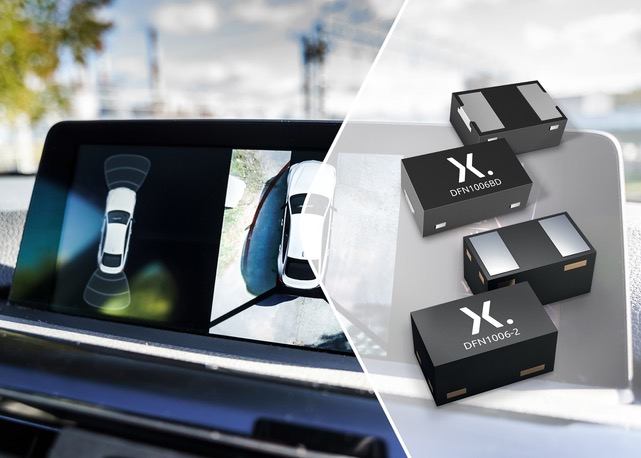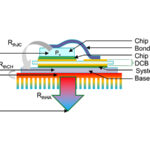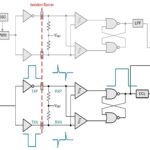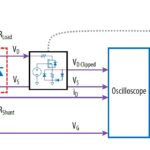 Nexperia announced an extension to its portfolio of ultra-low capacitance ESD protection diodes designed to protect high-speed data lines in interfaces such as USB, HDMI, high-speed video links, and ethernet in automotive infotainment applications.
Nexperia announced an extension to its portfolio of ultra-low capacitance ESD protection diodes designed to protect high-speed data lines in interfaces such as USB, HDMI, high-speed video links, and ethernet in automotive infotainment applications.
These latest additions include PESD18VF1BLS-Q, PESD24VF1BLS-Q, PESD30VF1BLS-Q, and PESD32VF1BLS-Q in the DFN1006BD-2 package which enables optical inspection in automotive production lines using side wettable flanks. In addition, PESD18VF1BBL-Q, PESD24VF1BBL-Q, and PESD30VF1BBL-Q are available in the compact DFN1006-2 package. All variants are in leadless packages to improve electrical performance and signal integrity while enabling miniaturization in automotive designs.
Electrostatic discharge (ESD) diodes protect critical electronic systems and subsystems by dissipating the high energy of electrostatic discharges. This protects vital SOCs (system on chip) and other components from getting damaged during an ESD event. Adding additional components to a high-speed data line can deteriorate the signal integrity of the transferred data. Therefore, choosing the right components that protect the system but do not hamper the signal transmission is vital to modern high-speed automotive systems. Nexperia has a long-standing expertise in being the market leader and offering the best ESD protection solutions. Keeping the needs of design engineers as well as the automotive systems in mind, Nexperia is offering this portfolio with the best-in-class signal integrity performance enabled by the ultra-low device capacitance (as low as a typical 0.28 pF) combined with the higher standoff voltage of 18-32 V for placement closer to the connector. For maximum design flexibility, these diodes are offered both with and without side wettable flanks, with the side wettable flanks enabling automated optical inspection (AOI).
These AEC-Q101 automotive-qualified devices exhibit extremely deep snapback behavior combined with a low dynamic resistance of 0.8Ω for improved system-level robustness and clamping performance in high-speed data interfaces.







Leave a Reply